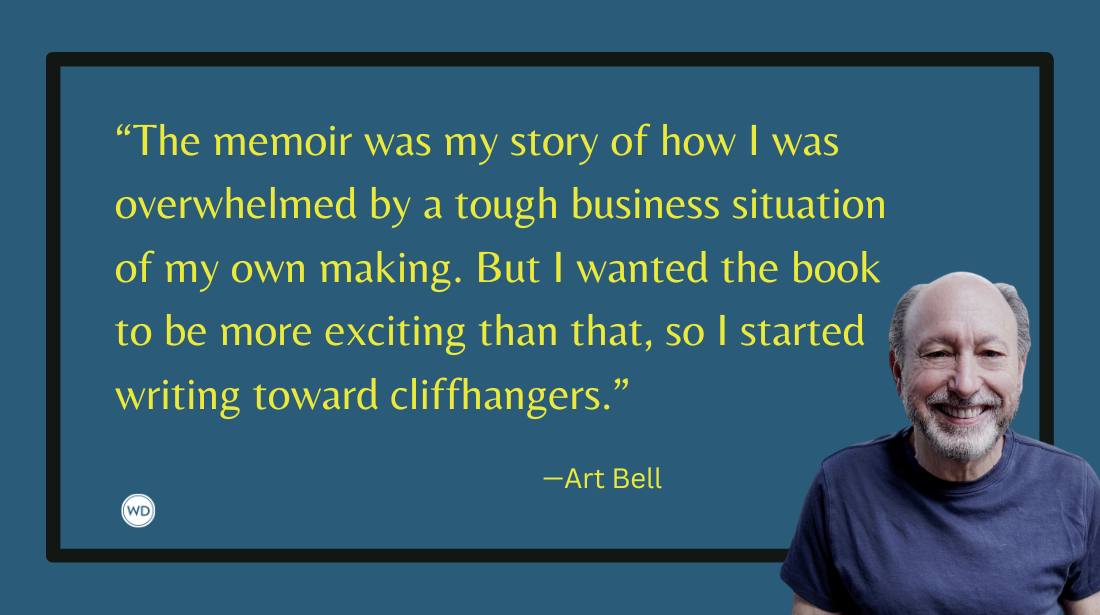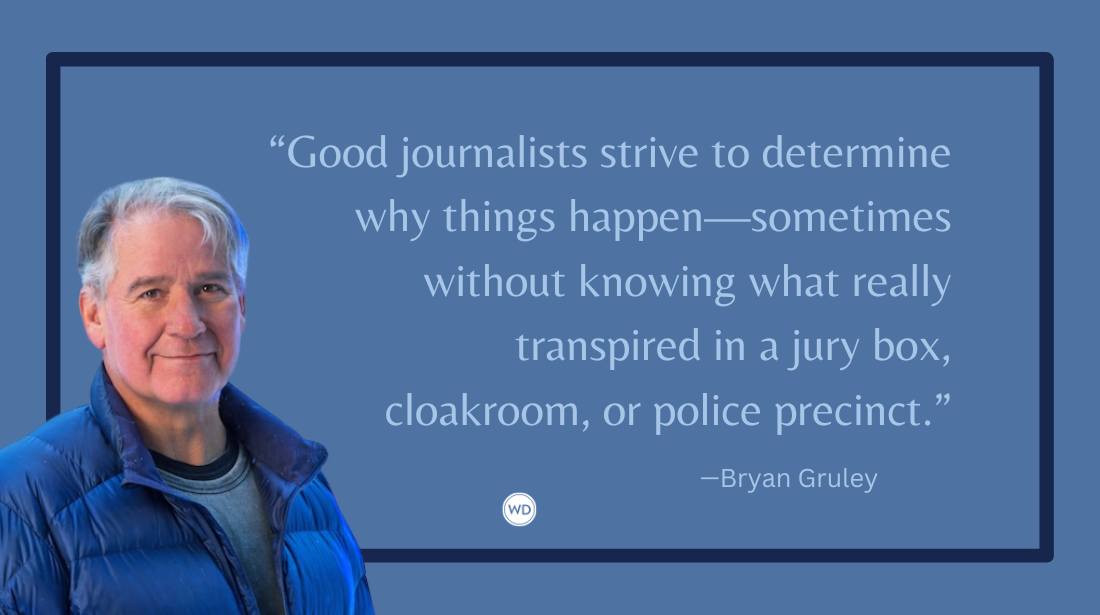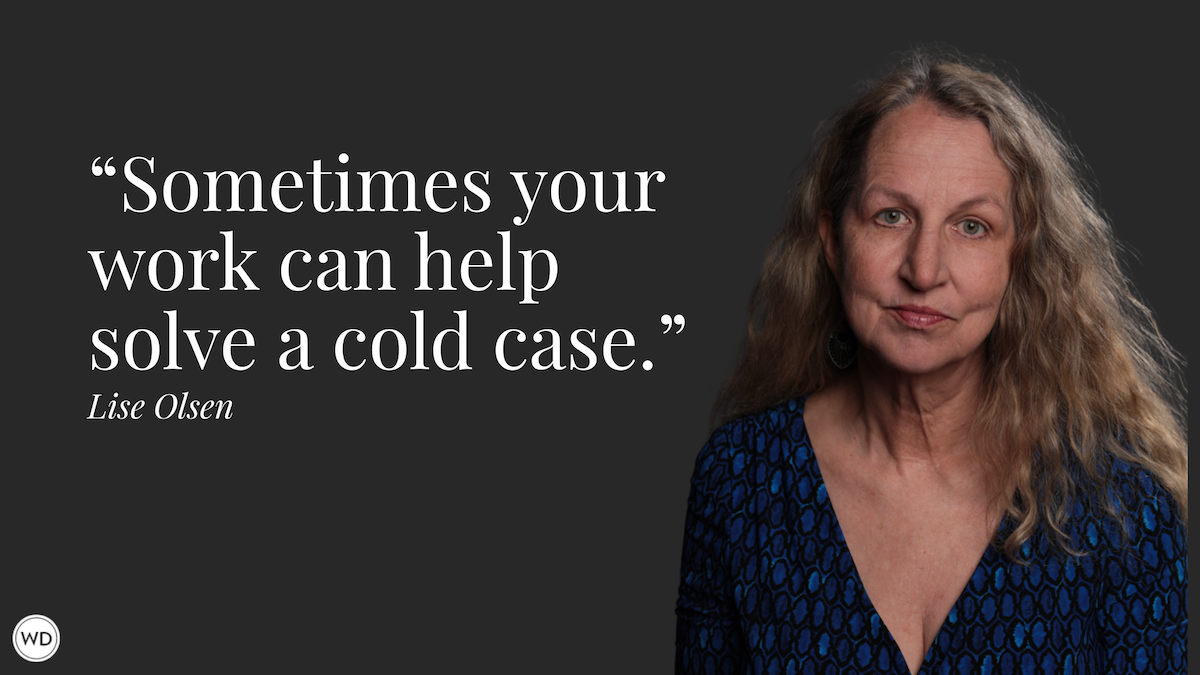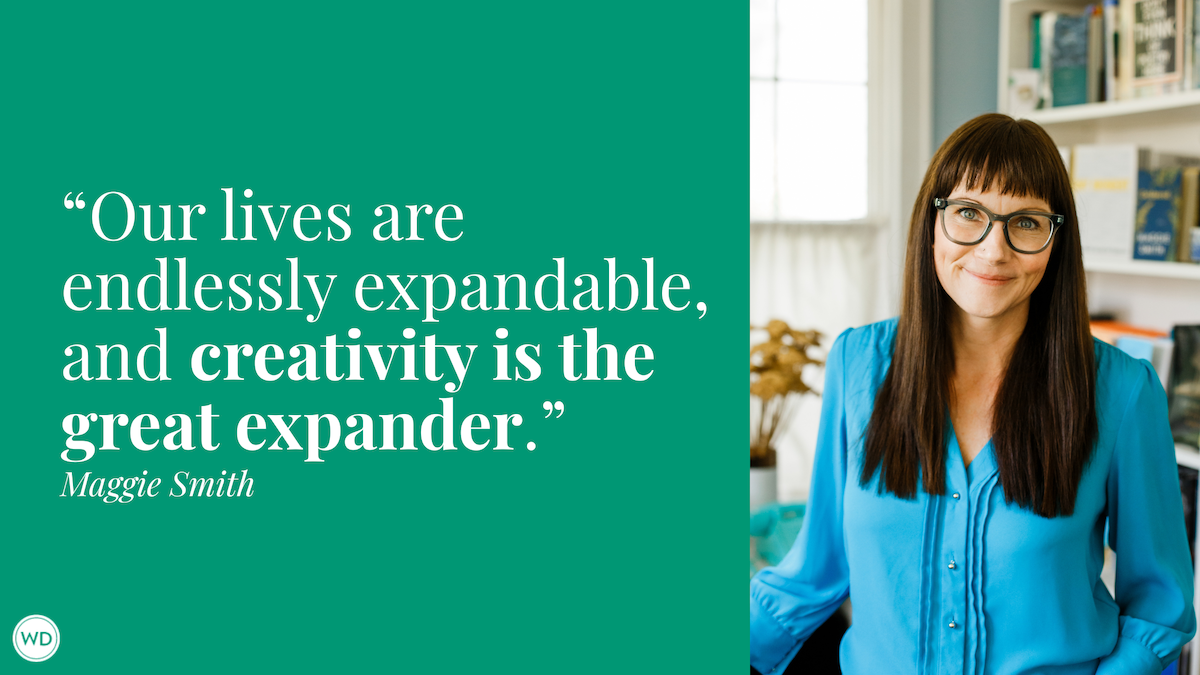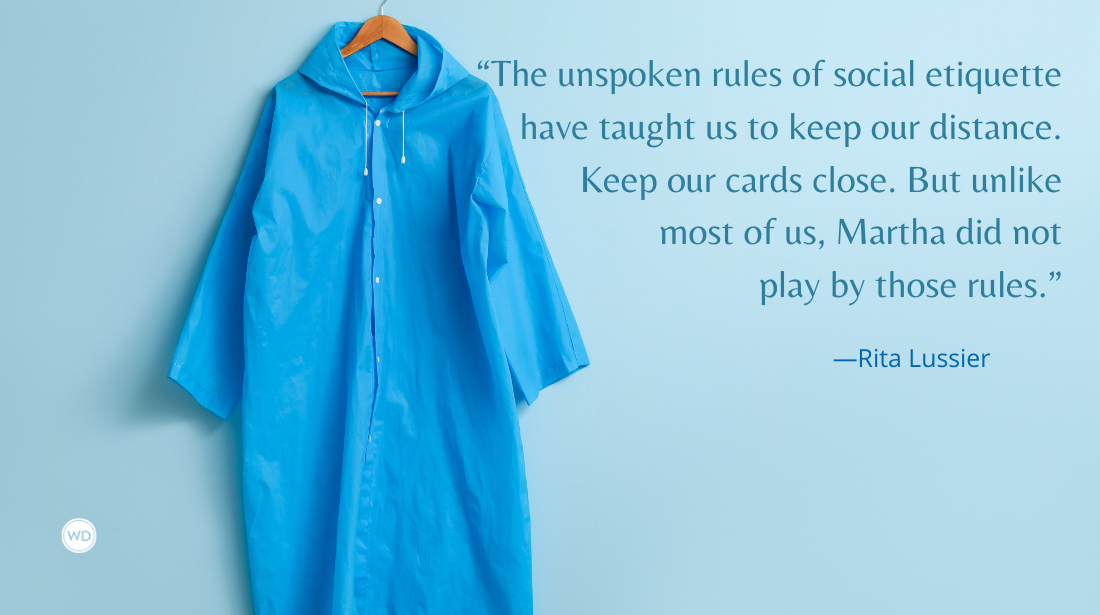Is a Personal Essay Considered Journalism?
Journalist Alison Hill answers the question of whether or not the personal essay is considered journalism by defining the genre and offering examples. Plus, outlets for you to publish your own personal essay.
Whether a personal essay is considered journalism or not depends on who you ask and how you define the genre. It also depends on the motivation, experience, and skills of the writer, the presentation, material, and the venue. The short answer would be—some essays deserve to be considered journalism, the well written and thoughtful ones. Others, maybe not so much.
Let’s dig a little deeper into this fascinating genre.
What Are Personal Essays?
Personal essays can be defined as a piece of narrative nonfiction told from the first-person viewpoint, where the writer draws from real-life experience, ranging from the traumatic to the humorous. The tone is usually conversational, intimate, and emotive.
Frenchman Michel de Montaigne is credited with popularizing the essay as a literary genre back in the 16th century, so this form of writing has been around for quite some time. The best essays tend to linger for decades and are still widely admired and discussed today, often compiled into book collections, such as James Baldwin’s Notes of a Native Son, an incredibly powerful and important read.
But nowadays the internet is littered with personal content and much of it is sensational click-bait. Many journalists would argue that some of these “confessional articles” are the new tabloid fodder, the literary equivalent of “reality shows” as one online writer put it. Although immensely popular, they offer little journalistic value. This type of “personal essay” is deliberately salacious with attention-seeking goals. They may make money and get thousands of clicks, but they’re not necessarily journalism in the traditional sense of the word.
So, let’s look at what type of modern-day personal essay does deserve a place at the journalism table.
Journalism and the Personal Essay
Journalism encompasses many different styles, types, and genres, including opinion pieces and columns, so the personal essay can safely claim a home alongside them on the spectrum. And the form has been around far longer than the internet of course, although it is online publications that have popularized the genre in recent decades, creating what Laura Bennett of Slate coined in 2015 as the “first person industrial complex.”
As journalists we’re usually focused on the outside world and other people, objectively observing and reporting on who’s doing what, when, where, how, and why. With a personal essay, the spotlight is on us—we’re digging within our own lives for the story, and we are the primary source.
When’s the last time you wrote about yourself other than a resumé or LinkedIn profile? It can be an uncomfortable and difficult transition to explore and reveal deeply intimate thoughts and feelings relating to an experience or event, and even more daunting to share it in public.
A personal essay can be about anything, from travel escapades to surviving a debilitating illness. The motivation is often a desire to share some significant or life-changing event that will resonate with readers and can benefit others in similar circumstances. As such, it can be an emotionally challenging task. Conversely, it can also be a fun assignment, about a slice of life, or something as inconsequential as shopping for clothes (guilty!), or scandalous relationship mishaps (think Jezebel or any women’s magazine). Bottom line, you simply want to tell the story because it’s entertaining, offers great advice, and you think other people will appreciate it. Or you want to share some deep truths or life-lessons with a universal appeal and significance.
Writing “what you know” has become a mainstay of the internet, and digital publications especially are constantly seeking this type of content.
Ethical dilemmas emerge when you consider the role and/or title of the writer. Since the story is told in the first person and shares intimate personal details it can cause problems for a full-time journalist whose normal beat is news or features, including possible conflict of interest and credibility issues.
A piece of journalism in the traditional sense of news and current affairs, requires extensive reporting, multiple sources, objectivity, and balance. So, if you’re a national broadcaster or a full-time news reporter, baring your soul in an online personal essay may hurt you professionally. And once it’s published, it’s there forever, so there’s no going back. The exception would be if the reporting itself is an interesting story—the telling of which is important and educational to the reader. If you were reporting from a war zone or going undercover for instance, readers would enjoy learning how that experience personally affected you. Freelance journalists can diversify their writing but if you work exclusively for a publication or network, you will need to clear this with your editor.
The New Boom of Personal Essays
In a May 2017 article, a writer for The New Yorker declared the personal essay boom over. This period of personal storytelling and “unseemly” oversharing lasted for over a decade, spurred by the proliferation of personal blogs. “They were too personal,” wrote Jia Tolentino. “The topics seemed insignificant, or else too important for an audience of strangers.” Then COVID happened and the cycle restarted, with several outlets including Huffington Post and Slate, dedicating space to pandemic-related personal essays.
In 2023 there is still a strong market for this form of writing. For freelance writers and journalists, personal essays can be a legitimate and lucrative endeavor. Some make it their niche. A well-placed essay can propel a writer’s career, especially a coveted spot in a series like the New York Times “Modern Love.”
Whether you should pursue writing personal essays depends on your branch of journalism. I think most would agree that news reporters and investigative journalists should stick to those specialties as a personal essay could hinder their careers and professional credibility.
But for we generalists and freelancers, it’s open season. And to answer the initial question—yes, a well-written personal essay published in a reputable publication (and on sites like Medium or Substack) is considered a form of journalism in the broader sense, just like op-eds, and there’s plenty of opportunities in this area.
So maybe it’s time to delve deep into your own life experiences and determine if there’s something from your past or present that’s “newsworthy” and can inspire, inform, educate, entertain, or move a reader to tears. Whether it’s to do with parenting, finance, relationships, travel, or mental health—there’s a home for your story. All you have to do is sit down and write it. Good luck!
Here are some outlets where you can pitch personal essay ideas:
Alison Hill is a freelance writer, journalist, and Emmy-nominated producer who writes for print and online publications. Since 2001, Alison has been a regular guest commentator on BBC radio news shows discussing US politics and current events. Before going solo, she was a PBS producer and director and also worked as an investigative journalist for a Welsh TV series. From hosting TV shows and creating online content to going undercover with a hidden camera, she’s done it all. Alison grew up in a tiny village in Wales and speaks fluent Welsh. She’s an avid hiker, who also loves camping, kayaking, and reading. She now lives in South Carolina with her husband, 8-year-old daughter, and two rescue cats.




